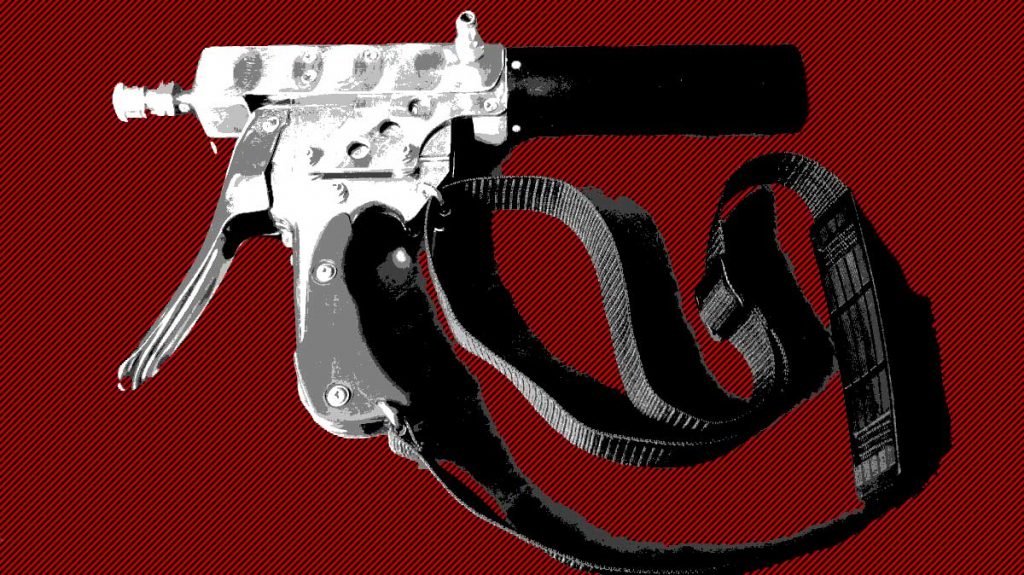
Two months later, Simone played a benefit for the N.A.A.C.P. In early August, she sang “Brown Baby” before a crowd gathered in the football stadium of a black college outside Birmingham—the first integrated concert ever given in the area—while guards with guns and dogs prowled the field. But Hansberry only started a process that events in America quickly accelerated. Simone watched the March on Washington, later that August, on television, while she was preparing for a club date. She was still rehearsing when, on September 15th, news came of the bombing of Birmingham’s Sixteenth Street Baptist Church, killing four young African-American girls who had just got out of Bible class. Simone’s first impulsive act, she recalled, was to try to make a zip gun with tools from her garage. “I had it in my mind to go out and kill someone,” she wrote. “I didn’t yet know who, but someone I could identify as being in the way of my people.” This urge to violence was not a wholly aberrant impulse but something that had been brewing on a national scale, however tamped down by cooler heads and political pragmatists. At the Washington march, John Lewis, then a leader of the Student Nonviolent Coordinating Committee, was forced to cut the word “revolution” from his speech and to omit the threat that, absent immediate progress, the marchers would go through the South “the way Sherman did” and “burn Jim Crow to the ground.” James Baldwin, in a televised discussion after the bombing, noted that, throughout American history, “the only time that nonviolence has been admired is when the Negroes practice it.” But the center held. Simone’s husband, a smart businessman, told her to forget the gun and put her rage into her music. It took her an hour to write “Mississippi Goddam.” A freewheeling cri de coeur based on the place names of oppression, the song has a jaunty tune that makes an ironic contrast with words—“Alabama’s got me so upset, Tennessee made me lose my rest”—that arose from injustices so familiar they hardly needed to be stated: “And everybody knows about Mississippi, goddam!” Still, Simone spelled them out. She mocked stereotypical insults (“Too damn lazy!”), government promises (“Desegregation / Mass participation”), and, above all, the continuing admonition of public leaders to “Go slow,” a line that prompted her backup musicians to call out repeatedly, as punctuation, “Too slow!” It wasn’t “We Shall Overcome” or “Blowin’ in the Wind”: Simone had little feeling for the Biblically inflected uplift that defined the anthems of the era. It’s a song about a movement nearly out of patience by a woman who never had very much to begin with, and who had little hope for the American future: “Oh but this whole country is full of lies,” she sang. “You’re all gonna die and die like flies.”